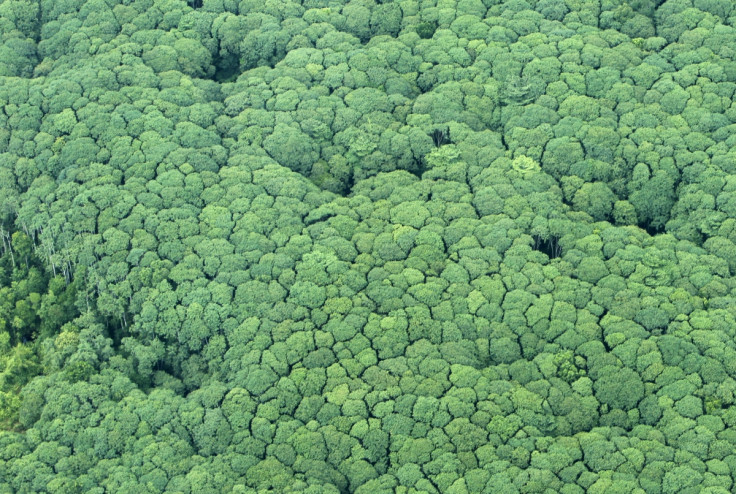Indonesia: Peculiar 'hog-nosed' rodent species discovered in Sulawesi rainforest

Scientists have announced the discovery of a new and unique mammal species in the dense jungles of Indonesia – the hog-nosed rat. Hyorhinomys stuempkei possesses distinct features that set it apart from other mammals, such as hog-like nostrils, large pointy ears, long hind limbs and a tiny mouth, they say. It also lacks a jaw muscle attachment found in most mammals that helps with chewing food, suggesting it survives on a diet that does not require vigorous chewing.
New rat species identified by scientists: meet the Hog-nosed rat! http://t.co/oxIiCExzYx pic.twitter.com/6oUQmNna8o
— Museum Victoria (@museumvictoria) October 5, 2015The carnivorous rodent was discovered by a team of scientists from Museum Victoria, Louisiana State University (LSU) and the Dutch Museum Zoologicum Bogoriense at an elevation of 1,600m (5,200ft) above sea level in Mount Dako, Sulawesi Island. The findings are detailed in the Journal of Mammalogy.
Unique find
Scientists first sighted the hog-nosed rodent in 2013 when they caught it in a trap in the Sulawesi rainforest. "We had never seen anything like this. It was obviously a new species," said Jake Esselstyn, curator of the LSU Museum of Natural Science.
"Our guides didn't tell us right away that they had caught it. We were asleep and they were up late at night discussing whether they should give it to us or keep it for themselves. "We were very glad that they eventually decided to give it to us, because otherwise we would have left and never had known about this animal."
The hog-nosed rat is so genetically different from any other species that the research team described it as a new genus. "On Sulawesi, there is a lot of ground to cover and most of it hasn't been surveyed before, especially at high elevation," Esselstyn observed.
"There's a lot of bio-geographic complexity at Sulawesi. So we're not too surprised that we're finding new things. But our team has been a bit surprised by the degree to which these animals are really novel. They are not just subtly different organisms, but really charismatically different." he added.
© Copyright IBTimes 2025. All rights reserved.






















